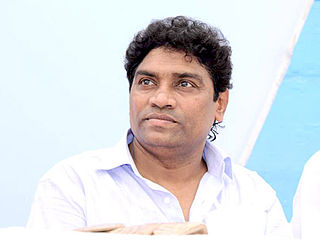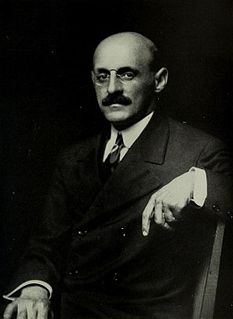A Quote by Diogenes
The noblest people are those despising wealth, learning, pleasure and life; esteeming above them poverty, ignorance, hardship and death.
Related Quotes
The Fascist accepts life and loves it, knowing nothing of and despising suicide; he rather conceives of life as duty and struggle and conquest, life which should be high and full, lived for oneself, but not above all for others those who are at hand and those who are far distant, contemporaries, and those who will come after.
Why are the people starving?-
Because their grain is being eaten up by the taxes
That's why they're starving
Why are people rebellious?-
Because those above them meddle in their lives
That's why they're rebellious
Why do people regard death so lightly?-
Because they are so involved with their own living
That's why they regard death so lightly
In the end,
The treasure of life is missed by those who hold on
and gained by those who let go
Most people consider themselves above the gritty and relentless details of life that allow the creation of great wealth. They leave it to the experts. But in general you join the one percent of the one percent not by leaving it to the experts but by creating new expertise, not by knowing what the experts know but by learning what they think is beneath them.
We feel strongly that the spirit characteristic of America at its noblest, above all the pursuit of higher learning, cannot admit of any conditions as to personnel other than those designed to promote the objects for which this institution is established, and particularly with no regard whatever to accidents of race, creed, or sex.
When you read Marx (or Jesus) this way, you come to see that real wealth is not material wealth and real poverty is not just the lack of food, shelter, and clothing. Real poverty is the belief that the purpose of life is acquiring wealth and owning things. Real wealth is not the possession of property but the recognition that our deepest need, as human beings, is to keep developing our natural and acquired powers to relate to other human beings.
Poverty is not a certain small amount of goods, nor is it just a relation between means and ends; above all it is a relation between people. Poverty is a social status. As such it is the invention of civilization. Socrates made the same point 2,400 years ago: "He is richest who is content with least, for contentment is the wealth of nature.
Let us look at wealth and poverty. The affluent society and the deprived society inter-are. The wealth of one society is made of the poverty of the other. "This is like this, because that is like that." Wealth is made of non-wealth elements, and poverty is made by non-poverty elements. [...] so we must be careful not to imprison ourselves in concepts. The truth is that everything contains everything else. We cannot just be, we can only inter-be. We are responsible fo everything that happens around us.







































